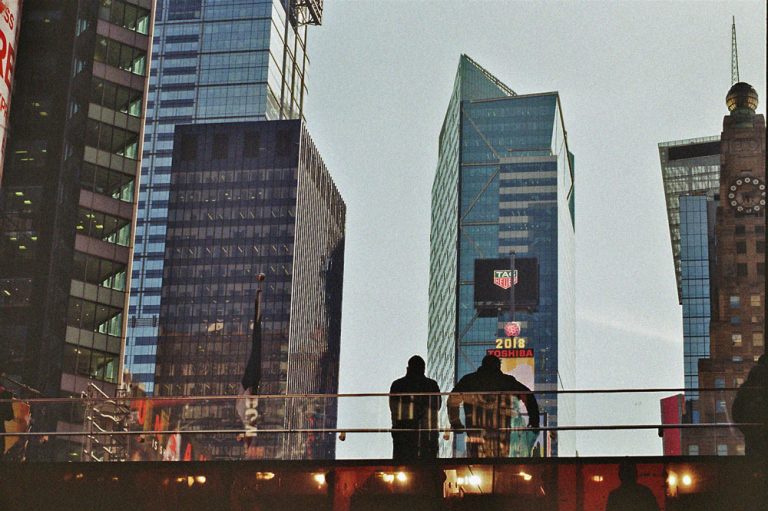Here is what defunding the police in the US could improve
Across the US—and around the world—protesters are taking to the streets to demand an end to systemic racism and police brutality, after George Floyd, a 46-year-old African American, was murdered by a white officer in Minneapolis. Peeling loudly amidst the clamour for justice is a growing call to defund police forces across the US; some have even called to altogether abolish the police and replace it with alternative solutions to emergency response.
It is a well-documented fact that police forces throughout the US disproportionately target communities of colour, and particularly black Americans. A recent investigation by the New York Times reveals that in Minneapolis, 60 per cent of cases in which police use violent force involve black targets. Such trends hold true across the country.
But in order to understand the scope of the problem and consider potential solutions, it is necessary to educate ourselves about the origins of the police in the US and the function they served over the years.
Policing in the US finds its roots in slave patrols that were established to police runaway and defiant slaves, as well as in other forces that aimed at monitoring and controlling minorities across the country (Native Americans for instance) and protecting white property.
Over the centuries, many of these teams of vigilantes had morphed into today’s police departments, and although the official explanation behind their operations has changed, they largely serve the same purpose: maintaining a socio-economic status quo that disproportionately benefits white Americans.
Throughout the years, America’s police forces grew increasingly militant. This mainly resulted from a Pentagon programme called 1033, which funnels weaponry surplus from the military to local police departments. Such gear includes battery rams, explosives, grenade launchers, and bayonets. Initiated in the 1990s as part of the War on Drugs and accelerated following the 9/11 terrorist attacks, the programme was temporarily restricted by former President Obama only to be reinstated by President Trump.
The militarisation of police has been linked to a swelling pattern of use of excessive force by police officers against unarmed people of colour, and particularly, but not exclusively, black men. The police response to the current protests further exhibit the consequences of a heavily militarised police force—as many officers have been firing tear gas, macing and violently dispersing peaceful protests, resulting in countless injuries and even death among demonstrators.
On top of that, in 1967 the Supreme Court forged the notion of ‘qualified immunity’ as a way to shield police officers using excessive force against demonstrators from being held accountable. This notion, which was subsequently adopted by lower courts as well, continues to grant immunity to cops brutalising and murdering people while on duty to this very day.
It is important to recognise that the ‘good cop bad cop’ narrative being floated around isn’t only inapplicable, but also diverts the conversation away from the core of the issue. While serving under this system, in these uniforms, equipped with this gear and endowed with enormous, virtually unrestrained power, even a decent human being can end up committing or abetting acts of aggression and harassment simply because of their job, their status, and the institution they’re embedded in.
The evolution of American police and the nature of their mandate all but guarantee that they too often threaten and terrorise the very communities they claim to protect; instead of safety, they frequently inspire violence and intimidation.
That’s why the task at hand isn’t to conduct a character assessment of each individual cop, but rather to address the dysfunctions of the police system as a whole.
Diversity, de-escalation training and awareness building among police forces don’t seem to help. As pointed out by Philip V. McHarris and Thenjiwe McHarris in the New York Times opinion piece No More Money for the Police, Minneapolis is an example of a city whose police department implemented numerous justice, mindfulness and de-escalation training, and was lauded as “a model of progressive police reform,” while continuing to use excessive force against minorities. George Floyd was still murdered in Minneapolis police custody.
A call to terminate the Department of Defense programme furnishing police departments with military-style gear is now gaining steam in Capitol Hill. “It is clear that many police departments are being outfitted as if they are going to war, and it is not working in terms of maintaining the peace,” said Democratic Senator Brian Schatz of Hawaii in an interview for the New York Times. De-militarising the police with Trump in the White House has slim prospects for success and would only tackle one aspect of the problem and be insufficient in uprooting the systemic issues entrenched so deeply in the police.
It seems that the most effective solution would be to re-invest the bloated police budget (roughly $100 billion) in communities themselves: through education, infrastructure, healthcare, and various community projects. Such an act could significantly improve the quality of life in struggling neighbourhoods, promote equality, and eliminate many of the issues that require policing in the first place.
In addition, redirecting a portion of the current police budget toward community-led emergency response teams (as an alternative to policing) could guarantee the actual safety of residents. Teams such as the Health Alliance for Violence Intervention (HAVI), which already operate across the country in various capacities, dispatch people with the appropriate skills to de-escalate situations or provide help and rescue in cases of emergency.
As the debate about how to tackle police brutality continues, it is important to recognise the police as an organ of a criminal justice system that through mass incarceration, criminalisation, intrusive surveillance, excessive force, and draconian immigration policies perpetuates the subjugation and oppression of people of colour in the US.
This article has been published as part of an ongoing content partnership with FAIRPLANET.





